Home / film-review / Kesari Chapter 2 Review: A Bold Attempt That Falters at Crucial Turns
Kesari Chapter 2 Review: A Bold Attempt That Falters at Crucial Turns
By: My India Times
4 minutes read 30Updated At: 2025-04-18
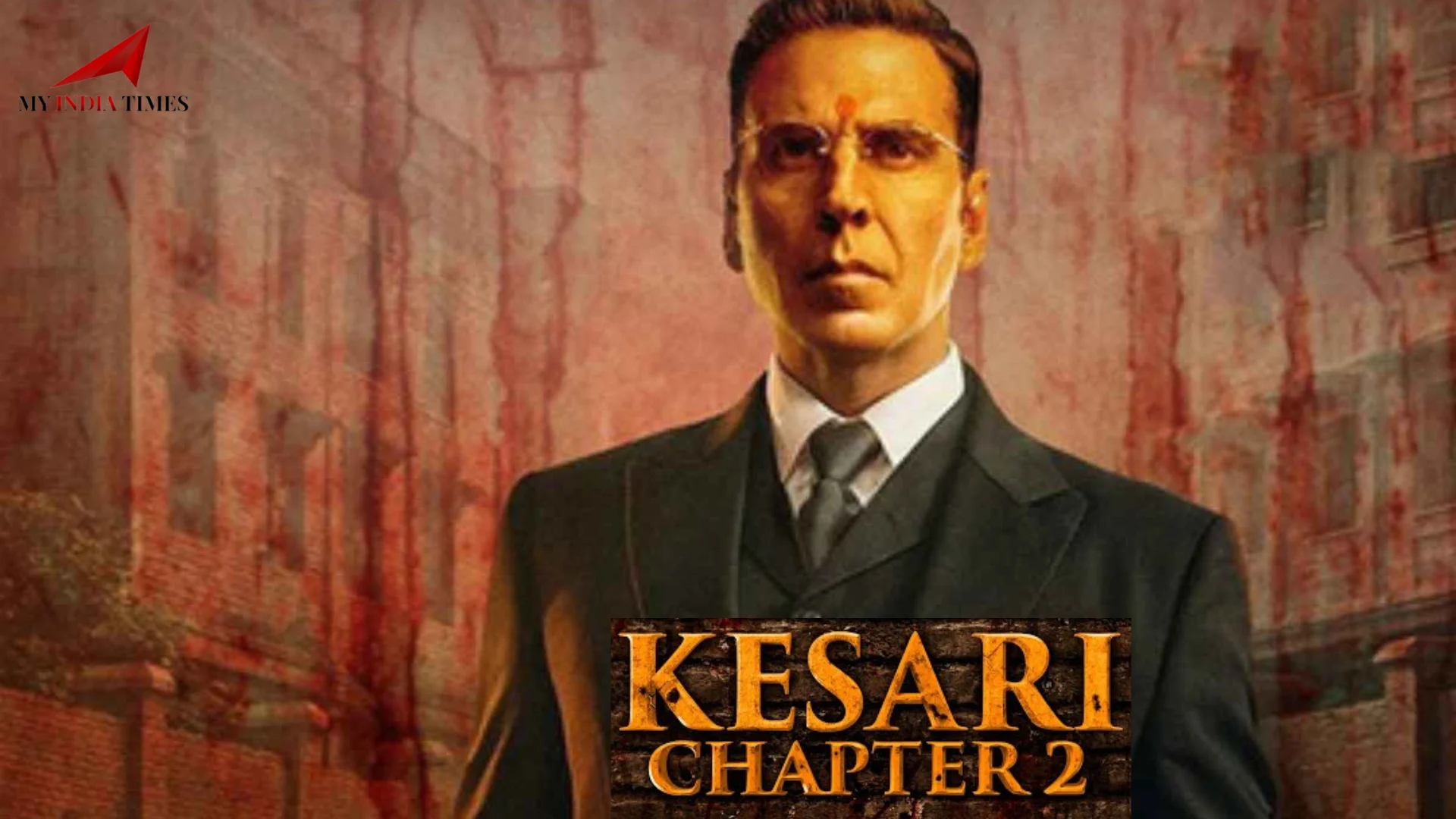
Kesari Chapter 2: The Untold Story of Jallianwala Bagh promises to shed light on one of the darkest and most significant chapters of India’s colonial past. It’s a bold cinematic take on Sir Chettur Sankaran Nair’s legal battle against the British Empire, following the horrific Jallianwala Bagh massacre of 1919. The movie has a noble goal and looks impressive, but it kind of falls flat in getting things just right—especially when it comes to feeling genuine, casting the right people, and digging deep emotionally.
A Forgotten Hero Brought to Light
At the heart of the film is Sir Chettur Sankaran Nair, a Malayali lawyer and judge who fearlessly took on the British Raj by filing a case against General Reginald Dyer and the Crown itself. Nair’s story has rarely been told in mainstream cinema, and for that, Kesari Chapter 2 deserves credit. The film tries to revive a historical narrative that has long been overshadowed by other freedom struggle stories.
However, while the subject matter is powerful, the storytelling wavers between a courtroom drama and a dramatized historical epic, never fully settling into either.
Akshay Kumar: Star Power Over Substance?
Casting Akshay Kumar as Sir Nair is perhaps the film’s most questionable choice. While Kumar brings his usual energy and screen presence, he feels miscast in a role that demanded more cultural depth and emotional restraint. Nair was a Malayali intellectual, rooted in South Indian traditions — something that Kumar’s persona struggles to convey convincingly.
The movie briefly touches on Nair’s background in Kalaripayattu and Kathakali, but it doesn’t really dig into how these parts of his life influenced who he is or what he believes in. It feels more like little trivia popped in there rather than an important part of the story.
Strong Visuals, Weak Emotional Connect
Director Karan Singh Tyagi handles the film’s scale well. From colonial courtrooms in London to the emotional echoes of Amritsar, the film looks grand and polished. The cinematography, lighting, and production design are commendable, immersing the audience into the early 20th-century period.
But beautiful visuals alone can’t carry a film. What’s missing here is the emotional punch. Despite the gravity of the massacre and the historic trial that followed, the film never quite grips you where it should — in the heart.
Courtroom Drama That Lacks Sharpness
Much of the film unfolds in the courtroom, where Nair confronts British officials and challenges the moral decay of the Empire. These scenes are meant to be intense and thought-provoking, but the dialogues often fall flat, lacking the punch and wit expected from a high-stakes legal drama.
There are moments where the film picks up — especially when archival speeches or references to Indian independence are woven in — but these are too scattered to create lasting impact.
The Supporting Cast Shines
Where Akshay Kumar feels out of sync, the supporting cast rises to the occasion. R. Madhavan delivers a solid performance as a British barrister torn between justice and loyalty to the crown. Ananya Panday, in a surprisingly mature role, plays Nair’s daughter and confidante. Their scenes lend some emotional grounding and offer a counterbalance to Kumar’s more stoic presence.
Other notable performances include the actors playing General Dyer and Lord O’Dwyer, who bring a chilling realism to their parts without turning into caricatures.
Surface-Level Storytelling
Perhaps the biggest shortcoming of Kesari Chapter 2 is its superficial treatment of a complex story. The Jallianwala Bagh massacre isn’t just a backdrop — it’s a turning point in Indian history. And while the film opens with dramatized glimpses of that tragic day, it never dives deep into the long-term effects it had on Indian society, politics, or global opinion.
There’s a constant sense that the film is more concerned with looking like a historical drama than feeling like one. This keeps it from being the truly impactful, timeless film it had the potential to be.
....Kesari Chapter 2: The Untold Story of Jallianwala Bagh promises to shed light on one of the darkest and most significant chapters of India’s colonial past. It’s a bold cinematic take on Sir Chettur Sankaran Nair’s legal battle against the British Empire, following the horrific Jallianwala Bagh massacre of 1919. The movie has a noble goal and looks impressive, but it kind of falls flat in getting things just right—especially when it comes to feeling genuine, casting the right people, and digging deep emotionally.
A Forgotten Hero Brought to Light
At the heart of the film is Sir Chettur Sankaran Nair, a Malayali lawyer and judge who fearlessly took on the British Raj by filing a case against General Reginald Dyer and the Crown itself. Nair’s story has rarely been told in mainstream cinema, and for that, Kesari Chapter 2 deserves credit. The film tries to revive a historical narrative that has long been overshadowed by other freedom struggle stories.
However, while the subject matter is powerful, the storytelling wavers between a courtroom drama and a dramatized historical epic, never fully settling into either.
Akshay Kumar: Star Power Over Substance?
Casting Akshay Kumar as Sir Nair is perhaps the film’s most questionable choice. While Kumar brings his usual energy and screen presence, he feels miscast in a role that demanded more cultural depth and emotional restraint. Nair was a Malayali intellectual, rooted in South Indian traditions — something that Kumar’s persona struggles to convey convincingly.
The movie briefly touches on Nair’s background in Kalaripayattu and Kathakali, but it doesn’t really dig into how these parts of his life influenced who he is or what he believes in. It feels more like little trivia popped in there rather than an important part of the story.
Strong Visuals, Weak Emotional Connect
Director Karan Singh Tyagi handles the film’s scale well. From colonial courtrooms in London to the emotional echoes of Amritsar, the film looks grand and polished. The cinematography, lighting, and production design are commendable, immersing the audience into the early 20th-century period.
But beautiful visuals alone can’t carry a film. What’s missing here is the emotional punch. Despite the gravity of the massacre and the historic trial that followed, the film never quite grips you where it should — in the heart.
Courtroom Drama That Lacks Sharpness
Much of the film unfolds in the courtroom, where Nair confronts British officials and challenges the moral decay of the Empire. These scenes are meant to be intense and thought-provoking, but the dialogues often fall flat, lacking the punch and wit expected from a high-stakes legal drama.
There are moments where the film picks up — especially when archival speeches or references to Indian independence are woven in — but these are too scattered to create lasting impact.
The Supporting Cast Shines
Where Akshay Kumar feels out of sync, the supporting cast rises to the occasion. R. Madhavan delivers a solid performance as a British barrister torn between justice and loyalty to the crown. Ananya Panday, in a surprisingly mature role, plays Nair’s daughter and confidante. Their scenes lend some emotional grounding and offer a counterbalance to Kumar’s more stoic presence.
Other notable performances include the actors playing General Dyer and Lord O’Dwyer, who bring a chilling realism to their parts without turning into caricatures.
Surface-Level Storytelling
Perhaps the biggest shortcoming of Kesari Chapter 2 is its superficial treatment of a complex story. The Jallianwala Bagh massacre isn’t just a backdrop — it’s a turning point in Indian history. And while the film opens with dramatized glimpses of that tragic day, it never dives deep into the long-term effects it had on Indian society, politics, or global opinion.
There’s a constant sense that the film is more concerned with looking like a historical drama than feeling like one. This keeps it from being the truly impactful, timeless film it had the potential to be.
By: My India Times
Updated At: 2025-04-18
Tags: film-review News | My India Times News | Trending News | Travel News
Join our WhatsApp Channel




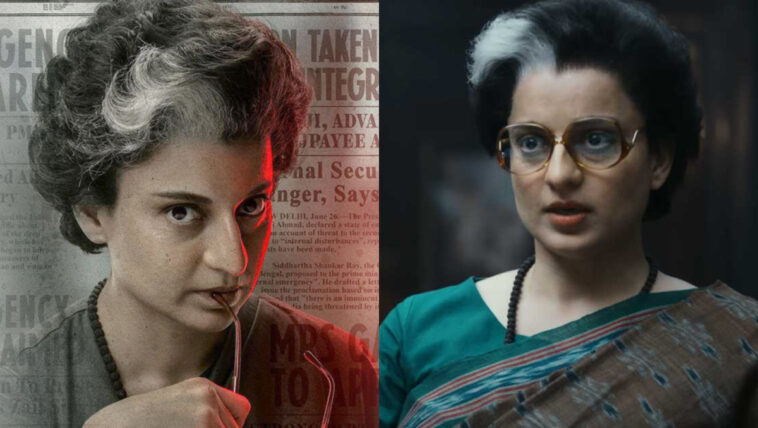
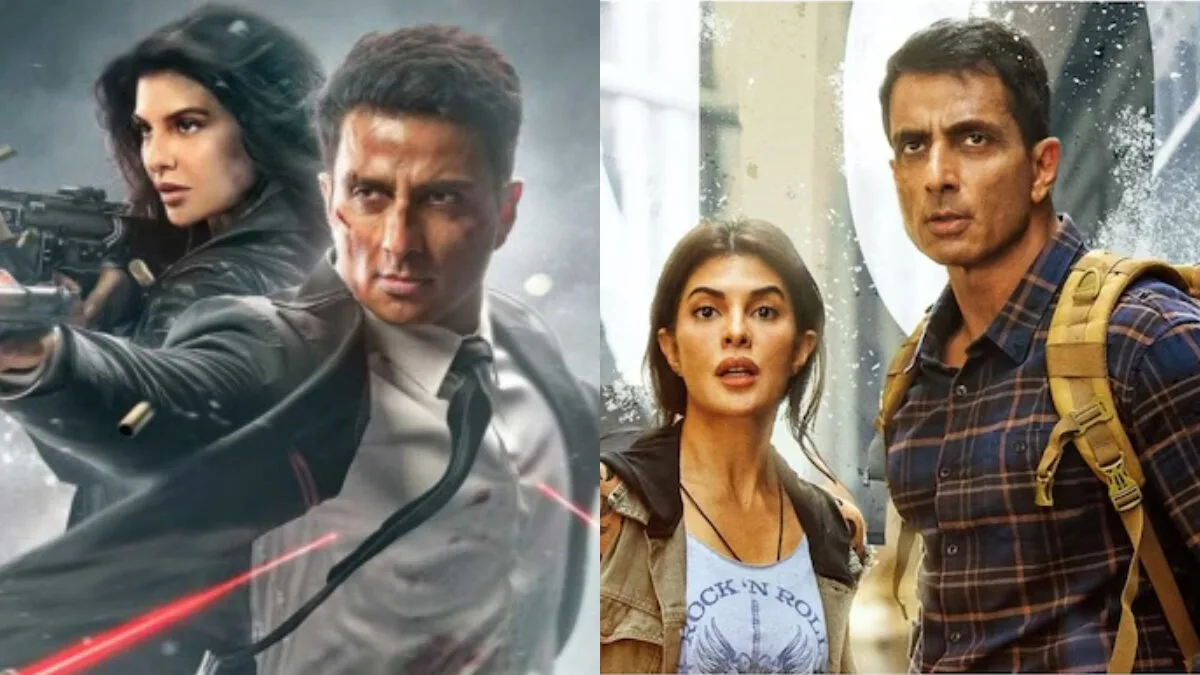

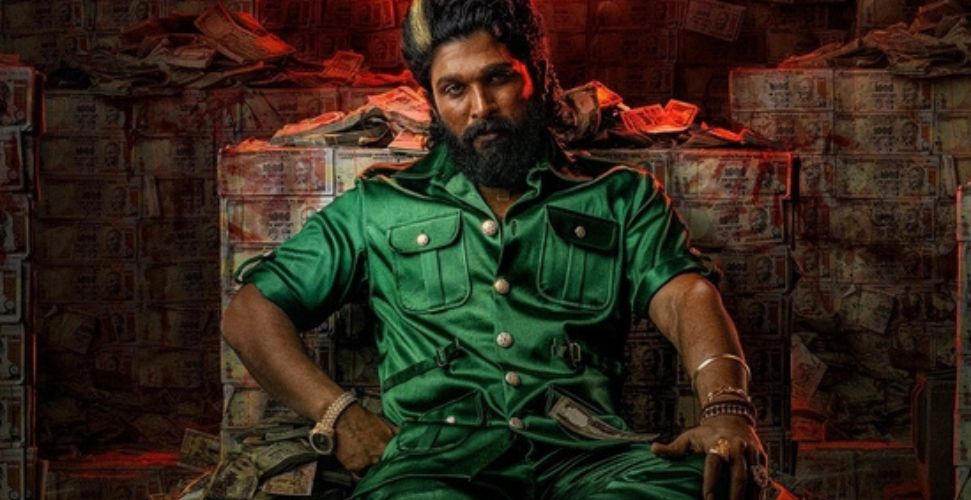
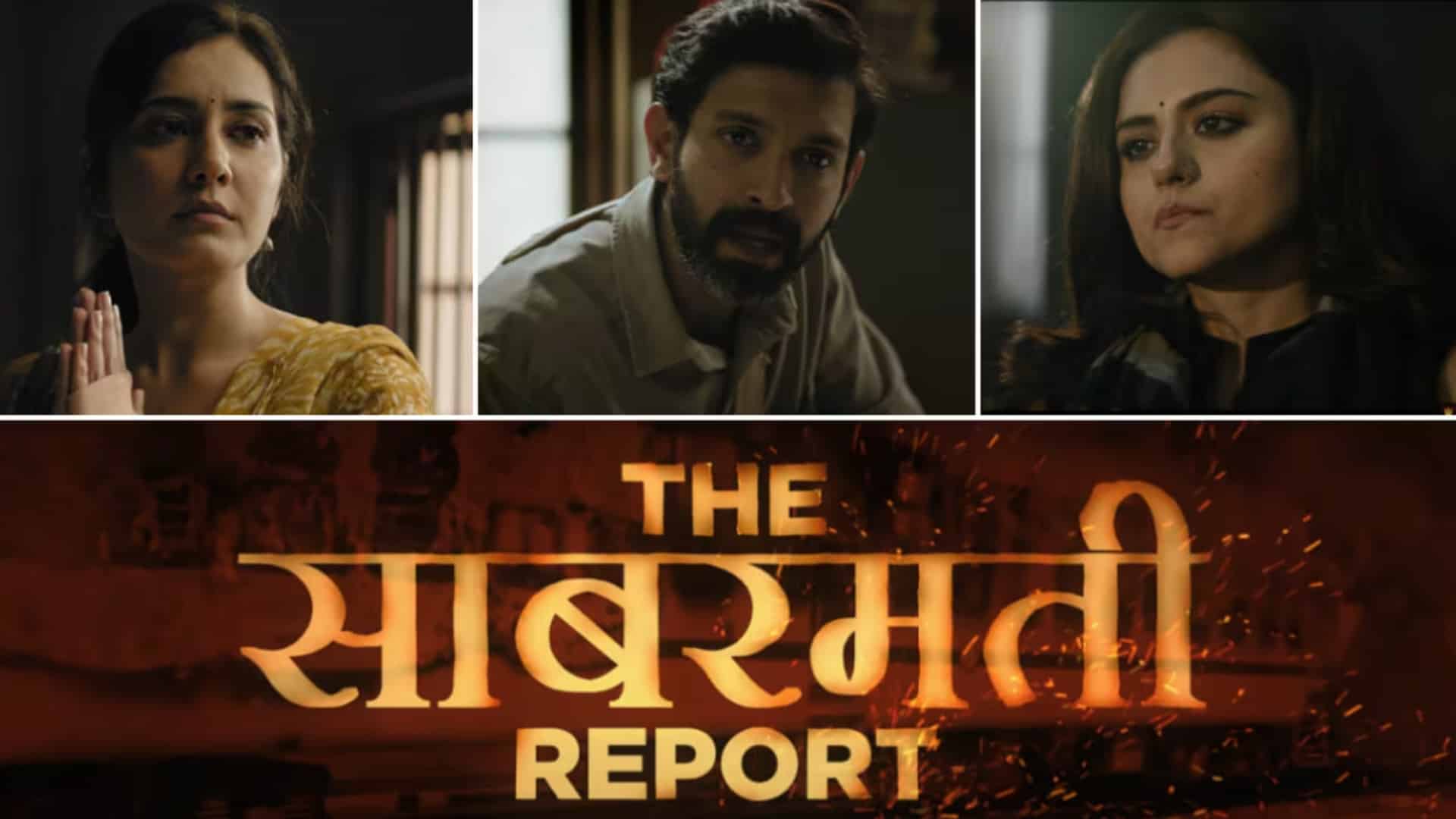
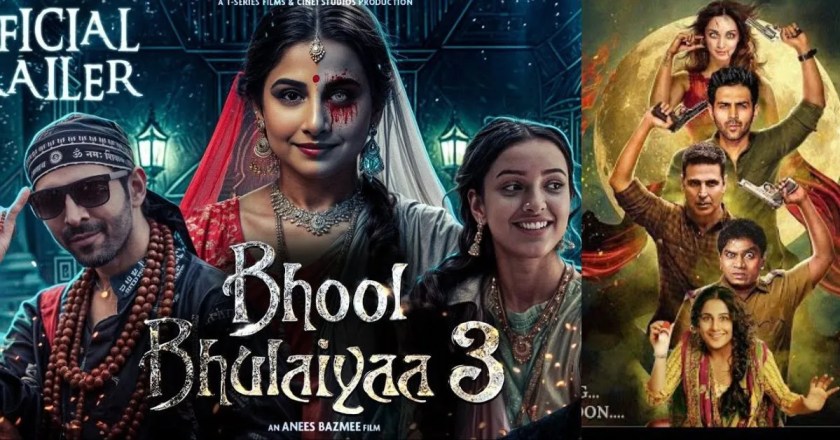
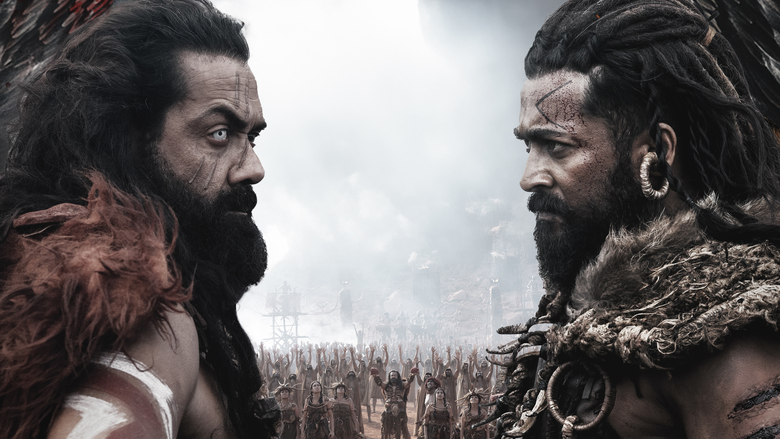
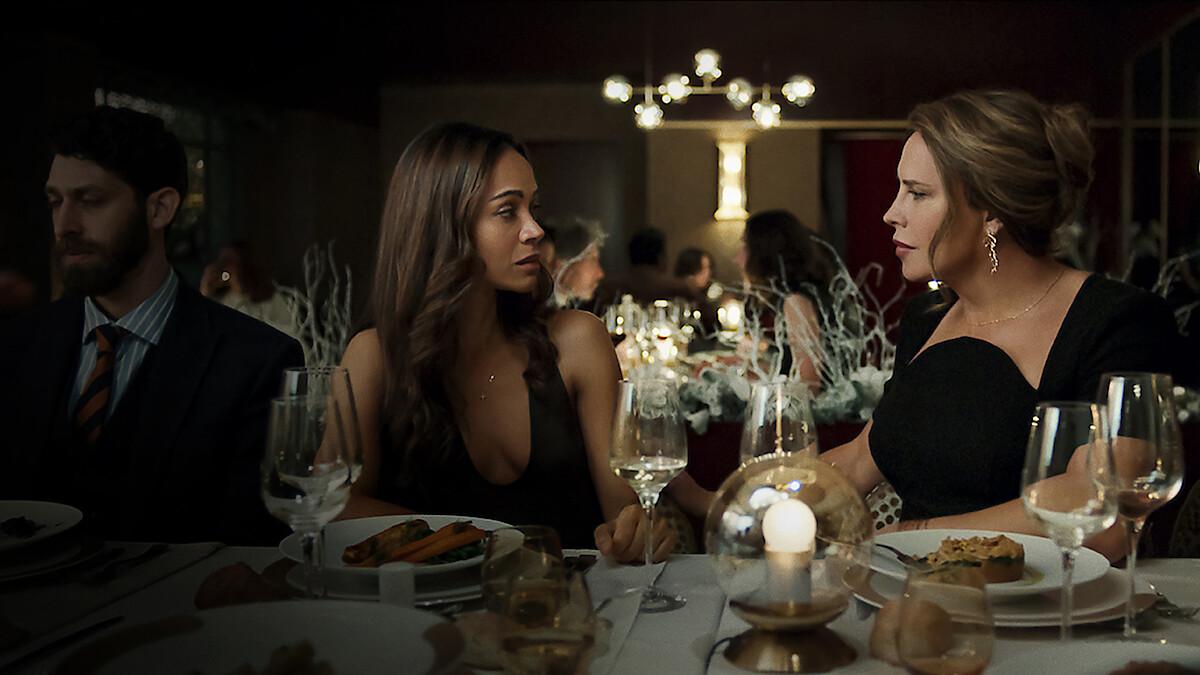


























































































.png)
 (1).png)






















